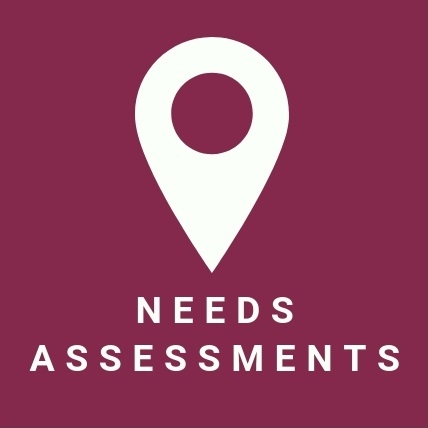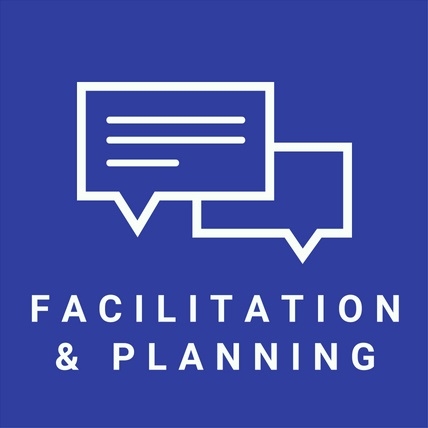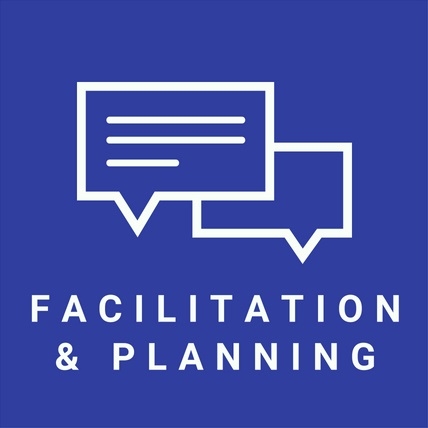Projects
CCBR typically has 15-20 ongoing projects and has completed over 500 projects since 1982. Each project is guided by our commitment to impacting social change in practical and powerful ways. We conduct research with people not on people, cultivating respect with communities at every step of the process.
Projects can be searched for using words from the project title or using the service area, theme, or date range for the project. You can also type 'Service Area' or 'Theme' into the search bar to get a list of options in each of these fields.
Projects
This project was a purpose and outcome evaluation for a Kitchener-Waterloo Multicultural Centre (KWMC) initiative designed to train immigrant youth leaders to encourage a greater uptake of leisure activities (including swimming) in immigrant communities.
This project included the design and analysis of a feedback survey for parents with children in YMCA school programs in Hamilton, Burlington, and Brantford.
This project's purpose was to identify the experiences and strategies used by Internationally Educated Professionals (IEPs) in integrating into their fields of work in the Greater Toronto labour market. This study was funded by the Progress Career Planning Institute.
This project was a one-year pilot-phase of the Community Research Ethics Office (CREO) in Waterloo Region. CREO was tailored to meet the needs of individuals conducting community-based research (i.e. participatory action research, program evaluations, feasibility studies, needs assessments, gap analyses). The initiative was extremely exciting as it was the first office of its kind in Canada.
This project was an analysis of evaluation data from Early Childhood Community Development Centre (ECCDC) Niagara’s Mentoring Pairs for Child Care project. Evaluation data was gathered, analyzed, and recommendations were made.
This project evaluated the Welcoming Communities Initiative (WCI) to assess its progress in achieving its objectives. Funded by Citizenship and Immigration Canada, WCI aimed to bring multiple stakeholders (government, education, employers, settlement services, community groups, and residents) together to address needs of access, equity, and inclusion. The evaluation was funded by Council of Agencies Serving South Asians (CASSA).
Along with two partners, CCBR conducted the Making Ontario Home study. This Ontario-wide survey assessed newcomers’ service needs and priorities and utilization and experiences with settlement services. The survey assessed newcomers’ opinions in the areas of language instruction, employment support services, and other settlement and integration services. This study was funded by the Ontario Council of Agencies Serving Immigrants (OCASI) via the Ontario Ministry of Citizenship & Immigration (MCI).
This project aimed to foster enhanced community partnerships between banks, borrowers, and service providers to increase Waterloo Region's capacity for healthy financial management practices. CCBR facilitated and documented all the community meetings. This project was funded by KW Community Foundation via The Working Centre.
CCBR started teaching the Participatory Action Research course (ISS 450R/SOC 766) for Renison University College in 2010. The course provides a comprehensive overview of participatory action research as an approach that moves beyond knowledge production toward social action and change.
CCBR partnered with the Canadian Nurses Association (CNA) to develop a user-friendly resource package for international partners of the CNA. The resources provide guidance and specific tools to partner organizations to build their capacity for management, administration, and governance in ways that facilitate strategic planning and organizational sustainability.
This research project sought to gain greater insight and understanding into 1) the extent and nature of women’s current involvement in Ontario health organizations, structures and systems, and 2) the conditions that hinder or enable women’s involvement. This project was funded by Echo: Improving Women’s Health in Ontario.
The purpose of this project was to conduct an environmental scan to provide an overview of existing English language services for newcomers in Waterloo Region. The findings of this research were utilized by the Local Immigration Partnership Council to develop a strategic plan for its next phase.












